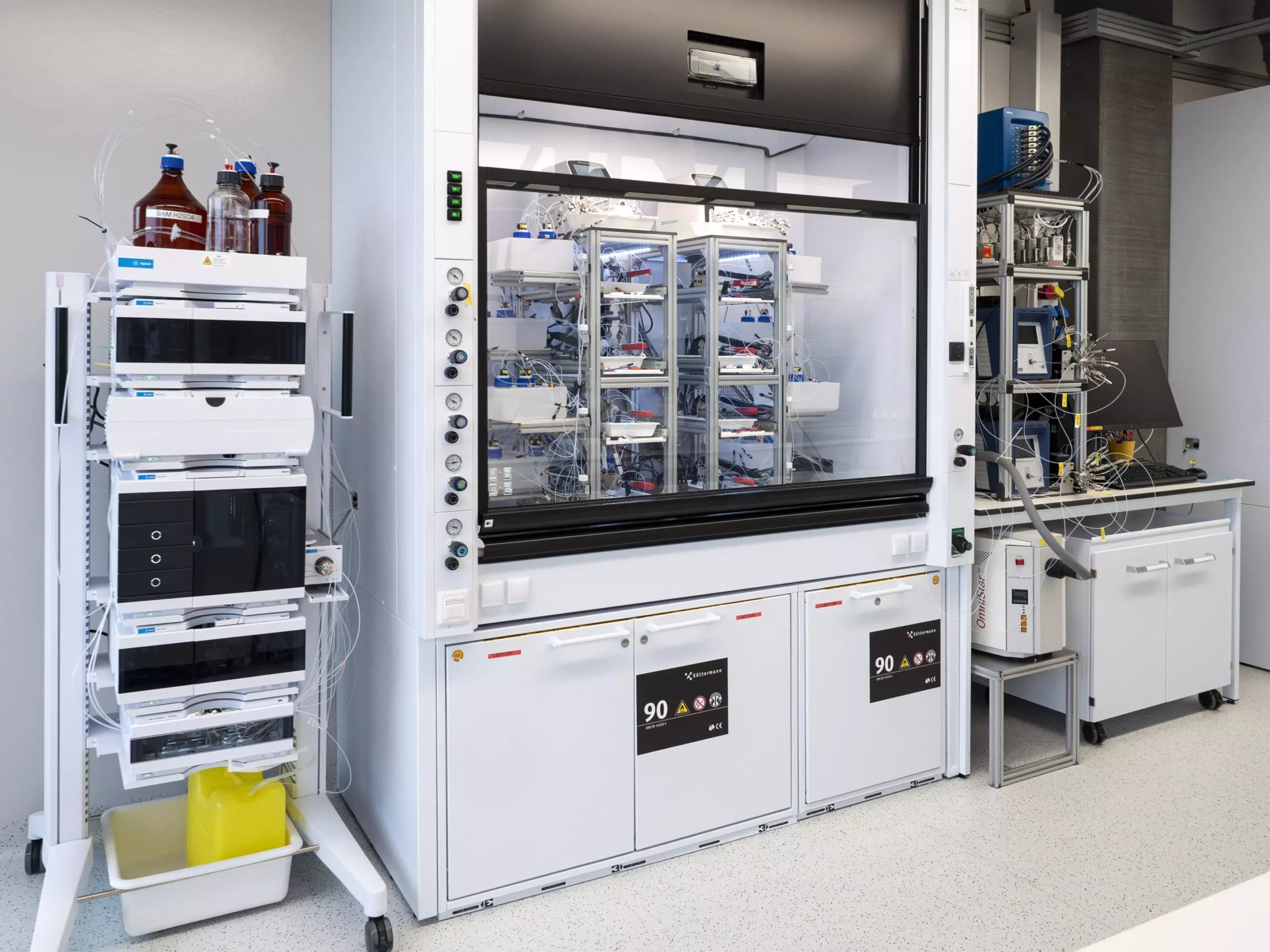When we think of fossil fuels, we often envision a source of energy that is detrimental to the environment due to the carbon dioxide emissions produced during the combustion process. However, what if we could reverse this reaction and convert CO2 back into a synthetic fuel? This concept is at the heart of the Joint Initiative SynFuels, a project led by researchers at Empa and the Paul Scherrer Institute (PSI).
The idea of producing synthetic fuels from CO2 is not without its challenges. One major hurdle is the complexity of the reaction itself. CO2 electrolysis can result in the formation of more than 20 different products, making it difficult to isolate the desired fuel. Controlling the composition of these products involves various factors such as reaction conditions, catalysts, and electrode microstructures. With so many variables to consider, finding the optimal combination can be a daunting task for scientists.
To address these challenges, researchers at Empa have developed a novel system that can investigate up to 10 different reaction conditions simultaneously. This system, consisting of 10 reactors with catalysts and electrodes, is equipped with advanced instruments that record key parameters with high temporal resolution. This allows for the generation of large amounts of high-quality data, which can lead to accelerated discoveries in the field of CO2 electrolysis.
During the development of this system, researchers collaborated with Agilent Technologies to create the world’s first online liquid chromatography device for real-time monitoring of liquid reaction products. This innovative approach enables researchers to analyze data faster and more efficiently, paving the way for new insights and discoveries in the field of synthetic fuel production.
One of the key aspects of this research project is the commitment to open data sharing and collaboration. The researchers have developed a software solution for data analysis, which is available to scientists on an open-source basis. Additionally, they are working on creating standardized methods for storing and sharing data through the PREMISE project with the goal of promoting collaboration and knowledge exchange among researchers.
The development of the parallel CO2 electrolysis system is expected to play a crucial role in the next phase of the National Center of Competence in Research NCCR Catalysis. Through continued refinement of the hardware and software components, the Empa researchers are dedicated to advancing the field of synthetic fuel production and sharing their expertise with other research institutions in Switzerland.
The accelerated discovery of synthetic fuels through CO2 electrolysis represents a significant advancement in the quest for sustainable energy solutions. By overcoming the challenges associated with CO2 conversion and promoting open data sharing and collaboration, researchers are paving the way for a greener and more sustainable future.


Leave a Reply